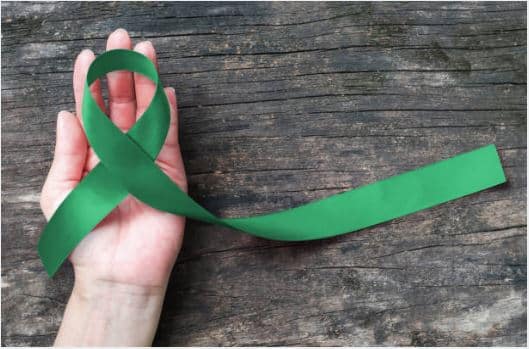
Considered the most common cause of physical disability in children, three out of every 1000 children in Canada are diagnosed with cerebral palsy each year. As I explained in this article, CP is caused by a brain injury or problem that takes place during pregnancy or birth or within the first two to three years of a child’s life.
Symptoms of CP vary from child to child and include delays in speech development, lack of muscle coordination, tremors and difficulty walking, intellectual disabilities and blindness. Some children are more severely affected than others and symptoms can also develop more significantly over time.
Traditional treatments for CP
Though they haven’t found a cure for CP just yet, a number of treatments and therapies are used to help those with the condition live to their fullest potential – physically, emotionally and cognitively.
Physical therapy is one of the most effective treatments, for example, while speech therapy and occupational therapy, among other practices, are lauded as well for their positive effects. Medication is sometimes prescribed to ease symptoms and surgical interventions are pursued to help with things like mobility or spasticity issues.
Alternative treatments
Aside from those conventional approaches, some have suggested adding alternative or “complementary” therapy to their list of treatments. Music and aquatic therapy as well as acupuncture have grown in popularity over the years, for instance. As has hippotherapy or equine therapy which involves horseback riding to improve mobility and posture.
New treatments
What’s more, there are also some new and innovative treatments that are being explored with some promising results. For example, research has demonstrated that stem cell therapy can help children with CP. During a relatively recent randomized clinical trial, cells taken from a child’s umbilical cord blood were found to improve brain connectivity and motor function in children with spastic cerebral palsy.
As for kids whose cord blood are not banked, medical practitioners are looking at using so-called generic cord cells to help.
Contact us
If your child has cerebral palsy and you believe it may have resulted from medical malpractice around the time of their delivery, our team of lawyers at HSH can help.





